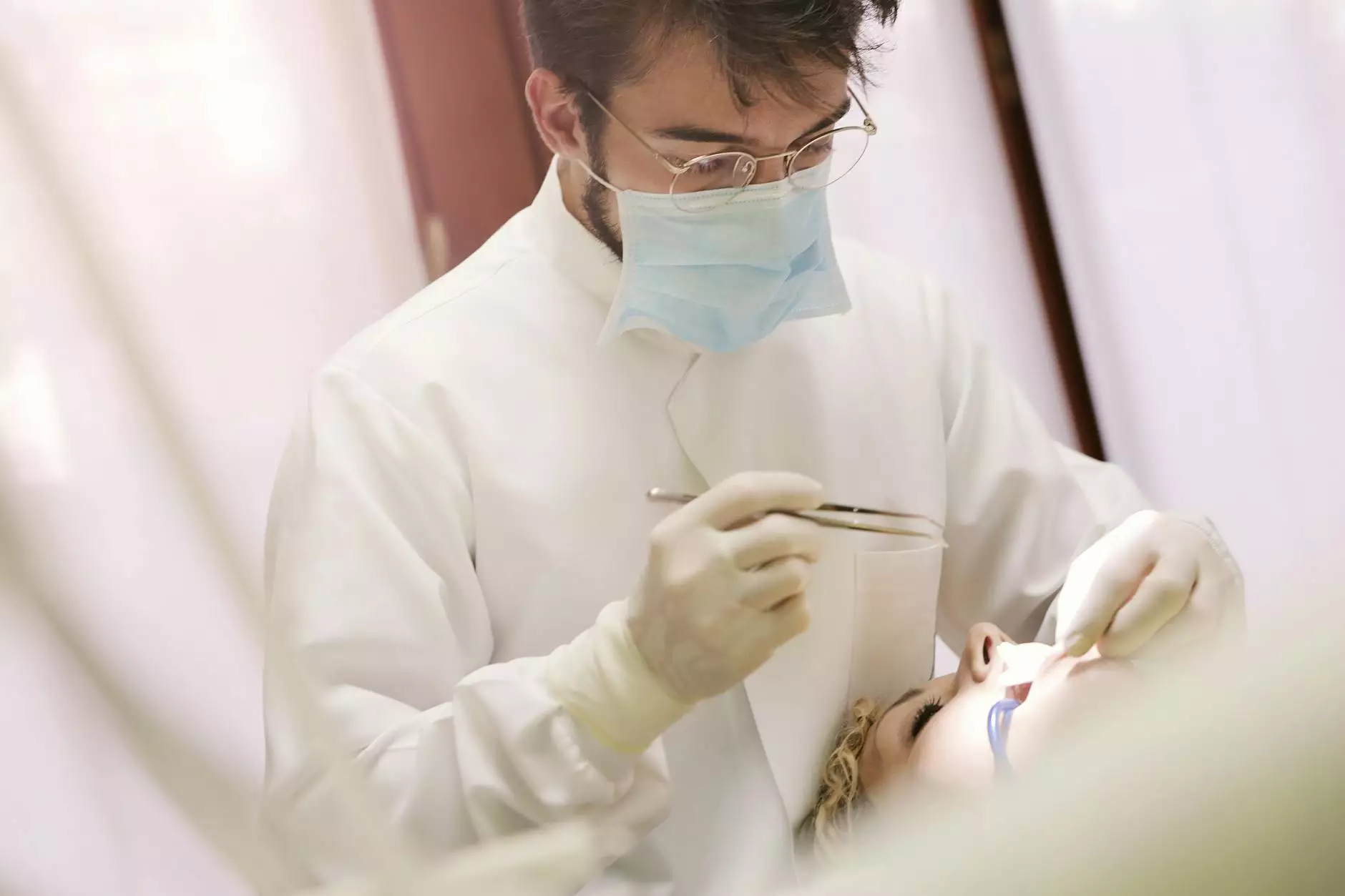Understanding RLS: Causes and Cures

Restless Leg Syndrome (RLS) is a condition that affects a significant number of individuals, often disrupting sleep and daily activities. This complex disorder not only causes discomfort but can also lead to other health issues if left untreated. In this detailed exploration, we will delve into the causes of RLS and the various cures and management strategies available today.
1. What is Restless Leg Syndrome?
RLS, also known as Willisi-Ekbom disease, is characterized by an uncontrollable urge to move one's legs, usually in response to discomfort or an unpleasant sensation. This need typically occurs in the evening or at night while sitting or lying down, making it difficult for individuals to fall asleep or stay asleep. The sensations can be somewhat difficult to describe: they can feel like a creeping, tingling, throbbing, or pulling sensation.
2. Common Causes of RLS
Understanding the underlying causes of Restless Leg Syndrome is crucial for effective management and treatment. Here are some of the primary factors that contribute to RLS:
2.1 Genetic Factors
Research shows that RLS can run in families, indicating that genetic factors may play a significant role. If you have a family history of RLS, your chances of developing the condition increase substantially.
2.2 Iron Deficiency
Iron deficiency is one of the most widely recognized causes of RLS symptoms. Adequate iron levels are essential for the proper functioning of dopamine, a neurotransmitter that helps to control movements. Insufficient iron can exacerbate RLS symptoms, which is why screening for iron levels is often part of the diagnostic process.
2.3 Chronic Conditions
Certain chronic conditions can trigger or worsen RLS, including:
- Kidney disease
- Diabetes
- Peripheral neuropathy
- Parkinson's disease
These conditions can affect nerve function, pain perception, and iron metabolism, leading to increased RLS symptoms.
2.4 Medications
Some medications have been implicated in inducing or worsening RLS symptoms. These can include:
- Antidepressants
- Antipsychotic drugs
- Cold and allergy medications containing sedating antihistamines
If you suspect that a medication may be contributing to your RLS, consult with a healthcare provider.
2.5 Lifestyle Factors
A sedentary lifestyle or excessive consumption of caffeine and alcohol may worsen RLS symptoms. Regular physical activity can help mitigate symptoms, while high caffeine consumption may exacerbate the urge to move your legs.
3. How to Diagnose RLS
Diagnosis of RLS generally involves a thorough medical history and physical examination. A healthcare provider might also recommend:
- Sleep studies to assess nighttime behaviors and disruptions.
- Blood tests to check for underlying conditions, including iron deficiency.
- Questionnaires that evaluate the severity and impact of RLS symptoms on daily life.
4. Effective Cures and Management Strategies for RLS
While there is currently no known cure for RLS, various treatment options can help alleviate symptoms. Here, we explore some of the most effective cures and management strategies:
4.1 Lifestyle Modifications
Making lifestyle changes can significantly improve RLS symptoms. However, the effectiveness of these modifications varies among individuals:
- Regular Exercise: Engaging in regular physical activity may reduce RLS symptoms; however, avoid vigorous activities close to bedtime.
- Develop a Sleep Routine: Establishing a consistent sleep schedule can help manage symptoms.
- Limit Caffeine and Alcohol: Reducing dietary stimulants can lessen RLS symptoms, especially in the evening.
- Hot or Cold Baths: Warm baths and cold compresses can provide temporary relief from symptoms.
4.2 Dietary Adjustments
Incorporating certain nutrients into your diet can play a significant role in managing RLS:
- Iron: Foods rich in iron, such as red meat, spinach, and legumes, can help those whose RLS is related to iron deficiency.
- Magnesium: This mineral, found in nuts, seeds, and whole grains, may be beneficial, as low levels of magnesium have also been associated with RLS.
- Folic Acid: Folic acid-rich foods like leafy greens and beans can also support nerve function and potentially reduce RLS symptoms.
4.3 Medications for RLS
Several medications can effectively manage RLS symptoms when lifestyle changes and dietary adjustments are insufficient. These include:
- Dopaminergic agents: These drugs boost dopamine levels and are commonly prescribed for RLS.
- Anti-seizure medications: Certain anti-seizure medications have been shown to alleviate RLS symptoms.
- Opioids: In severe cases, opioids can be prescribed for relief.
- Iron supplements: If iron deficiency is identified, supplementation may be recommended.
4.4 Alternative Therapies
Some individuals find relief through alternative therapies, which may complement traditional treatments:
- Acupuncture: Some studies suggest that acupuncture can help alleviate RLS symptoms.
- Massage Therapy: Regular massage can reduce muscle tension and potentially lessen RLS symptoms.
- Yoga and Meditation: Both practices may help relax the mind and body, thus providing symptom relief.
5. The Role of Healthcare Providers
If you're experiencing RLS symptoms, consulting a healthcare provider, such as a vascular medicine specialist or sleep specialist, can be highly beneficial. These professionals can:
- Conduct thorough evaluations to accurately diagnose RLS.
- Recommend appropriate treatments tailored to individual needs.
- Provide ongoing support and management strategies to improve quality of life.
6. Conclusion
In conclusion, Restless Leg Syndrome is a manageable condition when the appropriate causes are addressed, and effective cures are implemented. From lifestyle changes to medical treatment options, individuals experiencing RLS have various strategies available to them. If you resonate with any of the symptoms described, take the initiative to consult with a healthcare professional, and explore the path to a more restful, fulfilling life.
For more information on RLS, its causes, and effective cures, feel free to visit trufflesveinspecialists.com for expert guidance and insights.
rls causes and cures








